Inderal: Comprehensive Product Description
Drug Uses
Inderal is a widely prescribed medication used for the treatment of various cardiovascular conditions, offering antihypertensive, antianginal, and antiarrhythmic benefits. As an antihypertensive agent, it effectively lowers high blood pressure and helps manage essential hypertension, including cases related to pheochromocytoma when used in combination with alpha-blockers. By reducing the workload on the heart and improving circulation, Inderal is also prescribed to treat angina pectoris, helping to decrease the frequency of chest pain episodes and increase exercise tolerance.
Beyond its primary cardiovascular applications, Inderal is an effective antiarrhythmic agent used to control ventricular rate in patients with rapid ventricular contractions and atrial fibrillation. It is often recommended as an adjunct treatment for cardiac dysrhythmias caused by anxiety, hyperthyroidism, or medication use. Additionally, Inderal is prescribed for various other conditions, including the prevention of migraine attacks, congenital heart disorders such as Tetralogy of Fallot, hypertrophic subaortic stenosis, and to reduce cardiovascular mortality in patients with suspected or confirmed myocardial infarction. It also helps reduce tremor amplitude in individuals with hereditary, senile, or familial essential tremors, although it is not effective for tremors associated with Parkinson’s disease.
Dosage and Administration
Inderal is available in both tablet and capsule form, most commonly prescribed for the treatment of hypertension and angina. The maximum recommended daily dose for patients with high blood pressure is 640 mg per day, while those using Inderal for angina may receive doses up to 320 mg per day. Individualized dosing is essential, as treatment plans are tailored based on a patient’s medical history, condition severity, and overall response to therapy.
Missed Dose
If a scheduled dose of Inderal is missed, it should be taken as soon as possible. However, if the next dose is due in less than four hours, the missed dose should be skipped to prevent excessive drug accumulation. Patients should avoid taking extra medication or doubling the dose to compensate for a missed dose, as this may increase the risk of side effects.
More Information
For optimal control of hypertension, Inderal can be used in combination with other antihypertensive agents, such as thiazide or thiazide-like diuretics, or peripheral vasodilators. Patients with pheochromocytoma should only take Inderal alongside alpha-blockers to prevent unopposed alpha-adrenergic stimulation, which could lead to severe hypertension. Physicians carefully evaluate combination therapy to minimize the risk of adverse interactions and optimize cardiovascular health outcomes.
Storage Instructions
Inderal should be stored in a cool, dry place at a controlled room temperature of up to 30°C. To maintain its effectiveness, the medication should be kept in its original, tightly sealed container, away from direct light and moisture.
Inderal Safety Information
Warnings and Precautions
Patients taking Inderal should not discontinue the medication abruptly, as sudden withdrawal can lead to serious cardiovascular events, including rebound hypertension or exacerbation of angina. To prevent such risks, the dosage should be gradually reduced under medical supervision. Inderal may cause a temporary decrease in heart rate and blood pressure, so it should be used cautiously in individuals with a history of hypotension or heart block.
Patients with respiratory conditions, including asthma or chronic obstructive pulmonary disease (COPD), should consult their doctor before taking Inderal, as beta-blockers may trigger bronchospasms. Additionally, individuals with diabetes should monitor their blood sugar closely, as Inderal may mask symptoms of hypoglycemia, such as an increased heart rate or tremors.
Disclaimer
The information provided in this review is intended for educational purposes only and should not be used as a substitute for professional medical consultation. Patients should always seek guidance from a qualified healthcare provider regarding the use of Inderal and any related cardiovascular treatments. The online pharmacy assumes no responsibility for decisions made based on this informational content.
Inderal Side Effects
Common Side Effects
Inderal is generally well tolerated, and most side effects are mild and do not require treatment discontinuation. The most commonly reported side effects include fatigue, dizziness, sleep disturbances, vivid dreams or nightmares, cold extremities, and a slowed heart rate (bradyarrhythmia). Some patients also experience hypersensitivity reactions, which may present as mild skin irritation or itching.
Rare but Serious Side Effects
In rare cases, Inderal may cause more severe adverse effects that require immediate medical attention. These include congestive heart failure, severe bradycardia, and bronchospasm, particularly in patients with pre-existing respiratory conditions. Some individuals may also experience gastrointestinal disturbances, such as nausea, vomiting, diarrhea, abdominal pain, or loss of appetite.
Conclusion
Inderal remains a highly effective beta-blocker for the management of hypertension, angina, arrhythmias, and other cardiovascular conditions. It also provides additional benefits in preventing migraines and reducing essential tremors. While generally well tolerated, patients should adhere to prescribed dosages and consult their healthcare provider regarding any concerns or potential side effects. When used correctly, Inderal contributes significantly to improved cardiovascular health and overall quality of life.



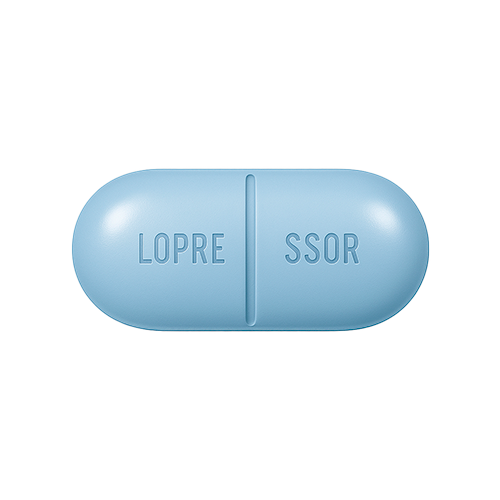
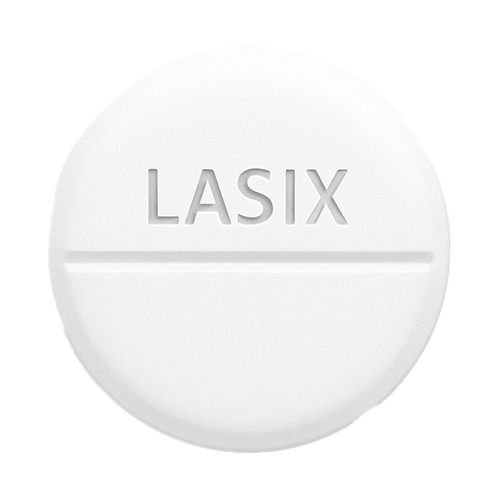
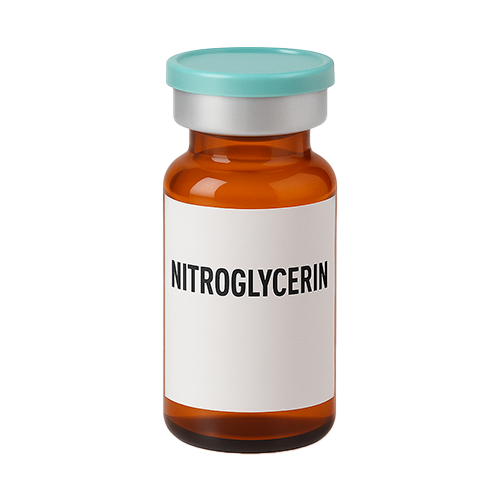



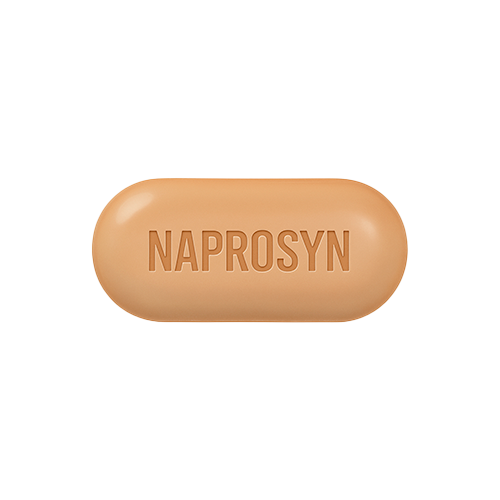
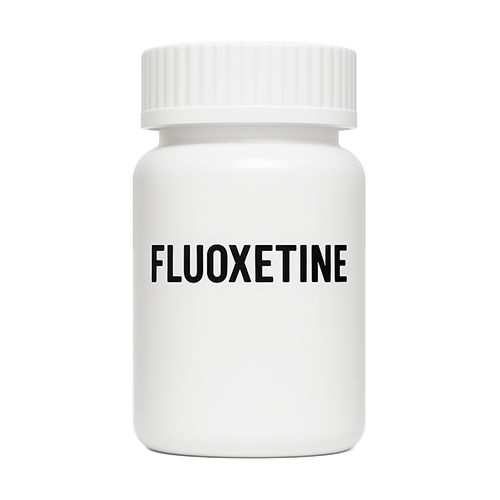
Reviews
There are no reviews yet.